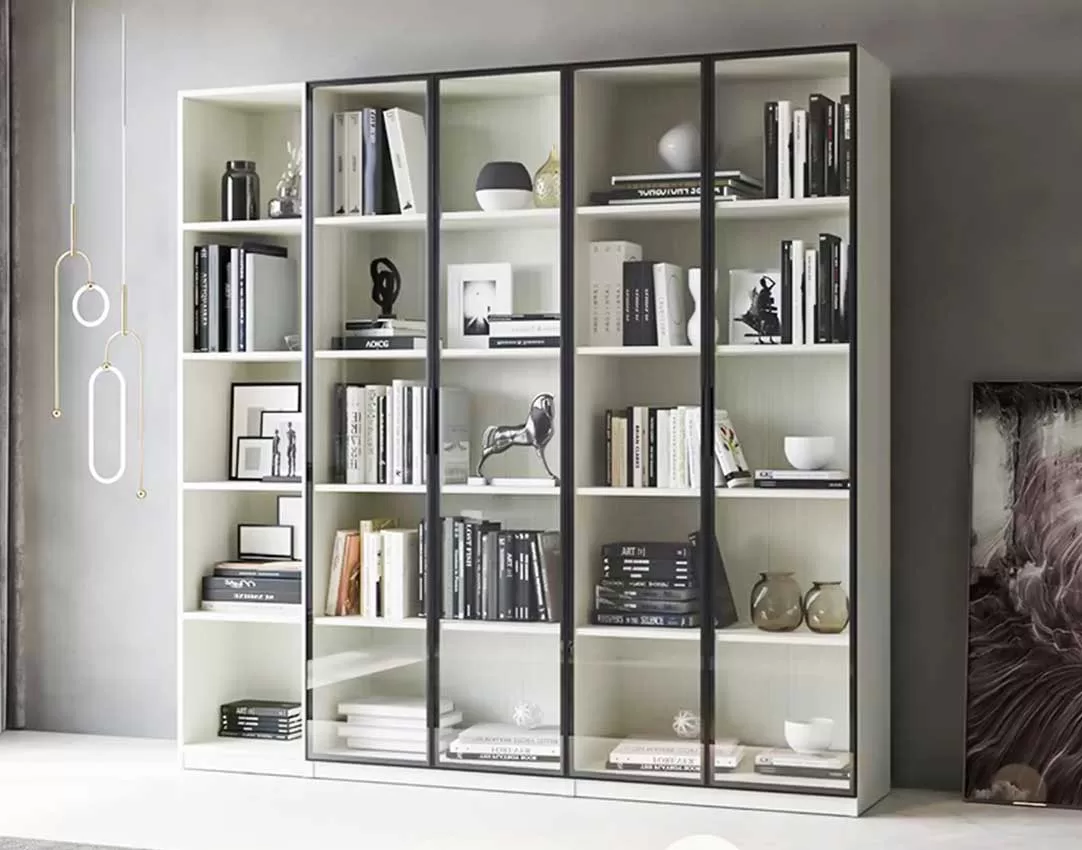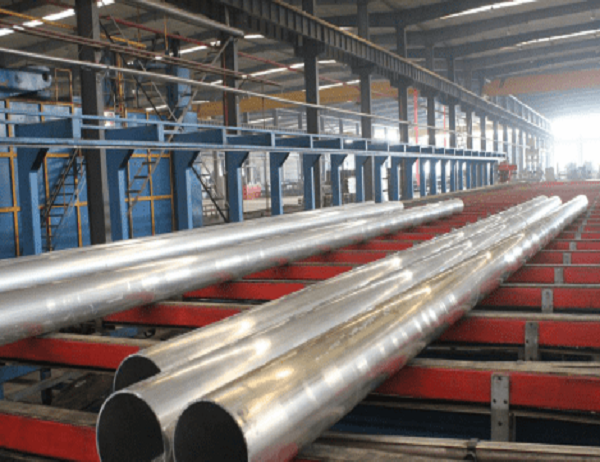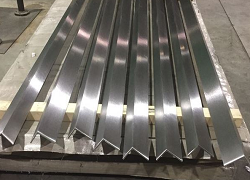Industrial aluminum profiles are versatile components that can be customized to meet the specific requirements of various applications. By tailoring the profiles to specific needs, industries can optimize performance, enhance aesthetics, and improve overall functionality. This article explores the benefits and processes involved in customizing industrial aluminum profiles for tailored solutions.
The choice of aluminum alloy is crucial for the profile’s mechanical properties, corrosion resistance, and weight capacity. Customizing the profiles allows for the selection of alloys that meet specific performance requirements, such as strength, durability, and ease of fabrication.
Extrusion is the primary process used to shape industrial aluminum profiles. By controlling the mold design, it is possible to create profiles with unique cross-sections, ribbed structures, and intricate geometries. This customization enables the creation of profiles that precisely fit functional or design specifications.
Surface treatments enhance the aesthetic and functional properties of aluminum profiles. Customizing the profiles allows for the application of finishes such as anodizing, powder coating, or PVDF coating. These treatments provide corrosion resistance, color options, and improved thermal insulation, making the profiles suitable for various environments and applications.
Heat treatment alters the microstructure and properties of aluminum profiles. By controlling the temperature and cooling rate, industries can customize the profiles to achieve desired strength, hardness, and ductility. This customization allows for the creation of profiles that meet specific load-bearing or impact resistance requirements.
Once the profiles are extruded, they undergo additional fabrication processes such as cutting, bending, and drilling. Customizing the profiles enables the creation of complex shapes and geometries, allowing for precise fit and integration into specific applications.
Customized aluminum profiles can be easily assembled and integrated into existing structures or systems. Their versatility allows for modular construction, making it possible to combine different profiles to create tailored solutions. This modularity facilitates adaptability and reduces the time and cost of assembly.
Stringent quality control processes ensure the reliability and performance of customized industrial aluminum profiles. This includes testing the profiles for dimensional accuracy, mechanical strength, and surface finish. By adhering to industry standards and specific application requirements, manufacturers deliver profiles that meet the highest quality expectations.
Customizing industrial aluminum profiles offers numerous benefits for specific applications, including tailored performance, enhanced aesthetics, and improved functionality. By carefully considering material selection, extrusion, surface treatments, heat treatment, fabrication, assembly, and quality control, industries can create profiles that meet their unique needs. This customization enables optimized solutions, maximizes efficiency, and ultimately contributes to the success of various industrial applications.



